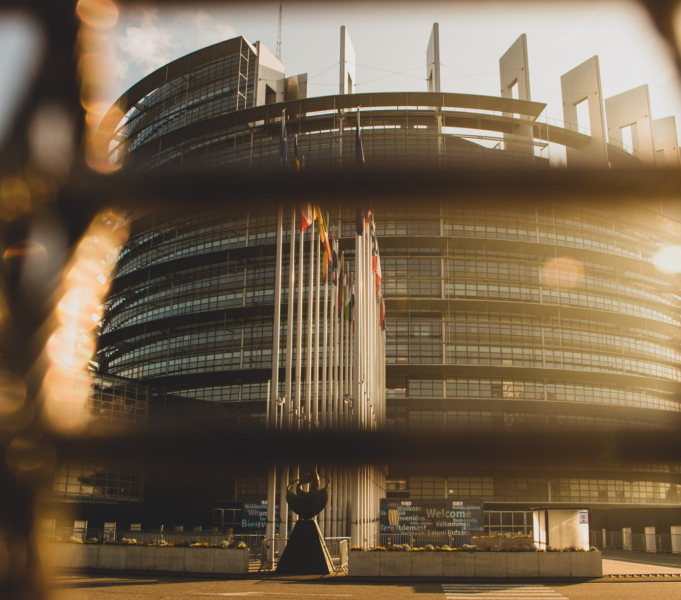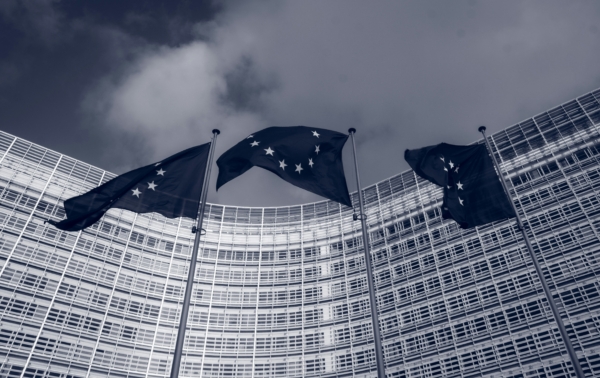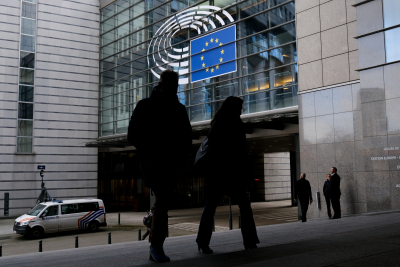A new update to Transparency International EU’s Integrity Watch platform has revealed that only around 37% of Members of the European Parliament have published lobby meetings online since the start of this legislature, despite the European Parliament making a system available. 8,310 lobby meetings* have been logged on the European Parliament website as of June 2019, with Members meeting businesses, NGOs and other interest representatives.
In total, 259 out of the 704 MEPs present in the European Parliament have published at least one meeting during this legislature. This follows the adoption of the new lobby transparency rules in January 2019, which came into effect at the start of this mandate. The new provisions specify that Rapporteurs, Shadow Rapporteurs and Committee Chairs shall, for each report, publish all scheduled meetings with lobbyists online.
Mandatory publication must take place ahead of a vote in committee or ahead of a vote in plenary. However, without a centralised overview of who falls under the mandatory provision, it is nigh on impossible to monitor compliance. Meetings published by Committee Chairs exemplify this problem with only 16 out of 22 Chairs having published meetings linked to reports. Following this logic, the remaining Chairs would not have had a single meeting on any of the reports for which their committee was responsible.
All Members are also encouraged (but not obliged) to publish meetings on a voluntary basis, i.e. outside of a specific report. 78% of all meetings that we analysed were labelled as such. However, there is a strong disparity between political groups in their respective internal approach to lobby transparency. Only the Greens EFA (91%) and Renew (57%) groups have over half of their Members publishing meetings. Of the formal groups, ID ranks the lowest with 8% of Members publishing meetings, and non-attached Members have not published a single meeting.
Disparities are even larger between countries. MEPs from Sweden, Luxembourg, Finland, the Netherlands and Denmark are the most pro-active in using the new system, while those from Italy, Bulgaria, Croatia, Greece and Cyprus barely registered any meetings.
Beyond clarifying internal publication rules, the European Parliament should seriously consider integrating its system into the Transparency Register. We found that organisation names were being reported in multiple ways, for example one business association was listed in eight different ways, including sometimes with typos. This makes it impossible to track the actual footprint of any organisation.
The lack of structured information on lobbyists prevents citizens, civil society organisations and journalists from accurately monitoring lobbying activities in the Parliament. This is particularly worrisome in regards to unregistered lobby organisations, which are still active in Brussels. Given that over 60% of MEPs have yet to publish a single lobby meeting, it is currently impossible to track exactly how many organisations are not divulging their lobbying activities.
It is time to end unregulated lobbying in Brussels. Only mandatory registration in the Transparency Register for lobbyists and timely publication of all lobby meetings by policy makers can accomplish this. This has been the norm in the Commission since 2014.
There have been ongoing negotiations between the three EU institutions for the establishment of a mandatory EU Transparency Register since the Commission made its proposal in September 2016. To date, the discussions have been fruitless with both the Council and the Parliament rejecting calls for Permanent Representations and MEPs to meet only registered lobbyists and publish all meetings. Yet, with the appointment of a new Commission and Parliament, there is hope that true lobby transparency can be achieved.
With this latest update to EU Integrity Watch, Transparency International EU applauds those Parliamentarians who have taken steps towards greater transparency and encourages other MEPs to follow suit.
*Up to date up until the 19th of June 2020. Further updates to Integrity Watch EU MEP section will occur on a monthly basis.







